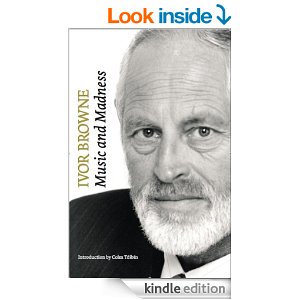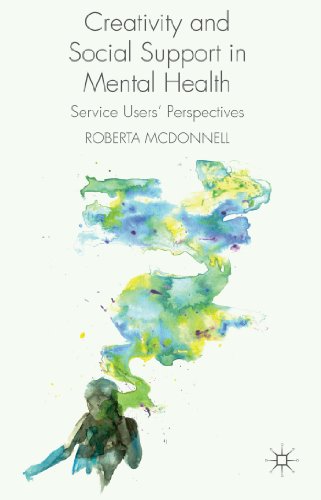Guest Post on Mental Health Chat
Debating Diagnosis and DSM-5
The new ‘psychiatry bible’ DSM-5 has come under a lot of fire since it’s recent launch. One vociferous critic is Duke University’s Professor Allen Frances, himself a renowned psychiatrist who helped shape the (some say more valid) previous versions DSM-IV and DSM-IV-TR.

DSM-5 and its predecessor DSM-IV-TR
Mental Health is a broad church and psychiatry only one faction within it, but it cannot be denied it is a major faction, with a very strong voice, perhaps the strongest to date. There are, nevertheless, many other voices – psychology, nursing, social work, therapists of various persuasions, neuroscientists, social scientists and most importantly, service users. There have, undoubtedly, been major advances in the understanding of mental suffering, mental health and well-being emerging from all of these camps, including psychiatry. The perhaps unexpected flak that has recently been directed at psychiatry as a body of knowledge has been generated by concern over what has been termed ‘hyper-inflated diagnosis’ and the seemingly relentless drive to medicalise every aspect of human life, including ‘normal’ sadness and grief (Frances 2013). Diagnosis is at the centre of the debate.
There is no doubt that people suffer. There is also no doubt that patterns can be identified in the forms that suffering may take. Furthermore, people often need a name for suffering, as a way of finding some understanding and therefore possible solutions. So diagnosis may well have a positive role to play in the future of mental health care and promotion, provided there are adequate and effective responses available. But does diagnosis really call forth effective treatments? Some would argue that the answer is No, not at all. The question “What does help?” will underpin my contributions here to the Mental Health Chat blog. Suggestions, points for discussion and leads to relevant studies will also be most welcome in the comments section. For now, here’s a link to the recent Maudsley debate [click on “48th Maudsley Debate: Diagnosis: Enabling or Labelling?”] on the issue of diagnosis. Those in favour [Prof Norman Sartorius and Prof Anthony David] talk about diagnoses as heuristic tools to guide research and practice, while those against [Dr Felicity Callard and Dr Pat Bracken] argue that diagnosis is a sticky label with little to offer therapeutically and too many social sequelae to be considered useful.
What do you think? What is your personal or professional experience? What are the alternatives?
Thanks for looking in, Roberta McDonnell
link and citation for DSM image: http://fr.wikipedia.org/wiki/DSM-5
Mental Health Chat
is an online open access community with a weekly mental health twitter chat every Wednesday at 8:00 PM GMT / 3:00 PM ET / 12:00 PT. The hashtag for the twitter chat @MHchat is #MHchat Mental Health Chat is dedicated to promoting and advancing the interdisciplinary understanding of mental health and mental illness.






